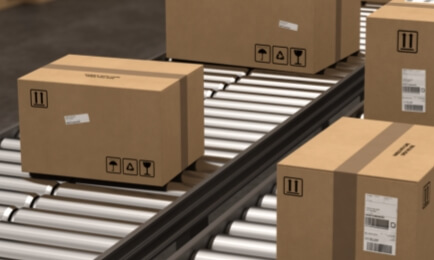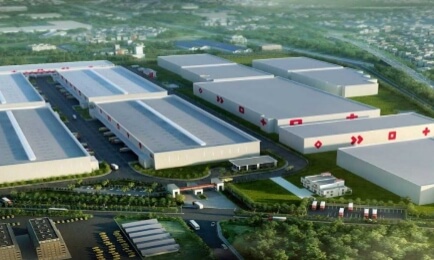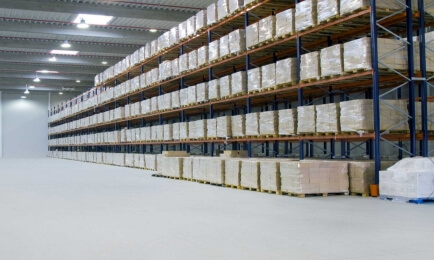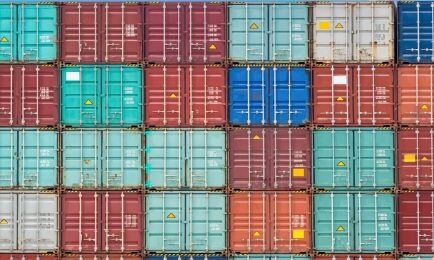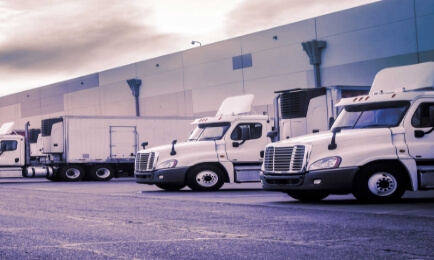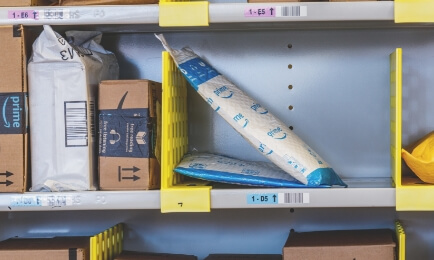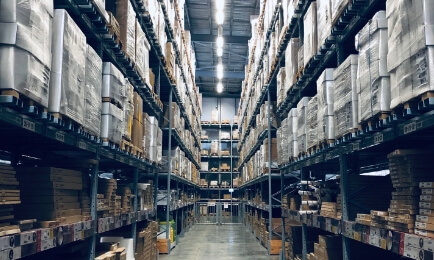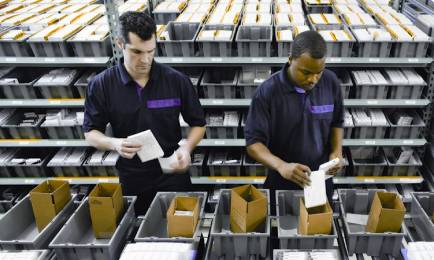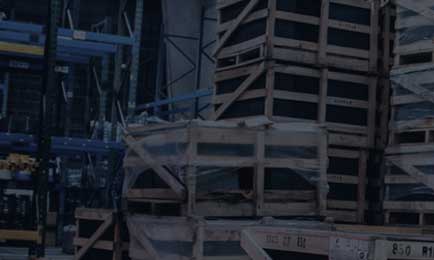The e-commerce industry has mapped a long journey to a period where there is an increasing number of businesses operating online. Although, for a majority of e-commerce businesses, a critical determinant to their success is the 'fulfillment' process in their supply chain. Shoppers of the modern era expect a simple online purchase procedure and delivery that is quick and budget-friendly.
A study conducted by Arvato in 2018 of 2,000 U.S. shoppers found out that 'free delivery' influenced the buying decision of customers to the greatest extent. Whereas, the involvement of delivery costs led 54% of customers to abandon online shopping carts and make no-decision. On the other hand, nearly a quarter - 25% of shoppers cancelled orders when deliveries were time-consuming.
What is E-commerce Fulfillment?
It is undeniable that retailers selling products online and dedicated e-commerce businesses must thrive upon Fulfillment to drive conversions. E-commerce Fulfillment is the collective set of all the processes involved from the moment a product is ordered online, to the point when it gets delivered to the end customer. E-commerce Fulfillment is either performed in-house or via outsourcing Fulfillment service providers. Fulfillment is an integral component for businesses, and Fulfillment service providers are dedicated to delivering all the Fulfillment activities on behalf of shippers.
How Does E-commerce Fulfillment Work?
Let's explore deeper into all the process involved in e-commerce Fulfillment.
- Order Fulfillment: the term is often used with e-commerce Fulfillment interchangeably. The process of picking, packing, labelling and shipping orders to customers is 'order Fulfillment'. Order Fulfillment can either be performed in-house or outsourced via a third-party logistics provider. Order Fulfillment is carried out at Fulfillment centres that are strategically located close to consumption centres, to reduce last-mile costs and maintain short-delivery period.
- Order management: the concept refers to monitoring all the purchases made by customers. E-commerce businesses maintain the individual orders' status such as processing, on-hold, delivered, dispatched and more. Order management allows e-commerce businesses to analyse and stay updated with factors such as customer behaviours, buying preferences, demand, change in volume, cancelled orders, wrong deliveries and more. Order management provides a constant feedback system.
- Fulfillment software: the penetration of technology is continuously evolving the way e-commerce businesses perform Fulfillment. The processes involved in order management becomes automated with this software. Staff members employed at fulfillment centres make full use of Fulfillment software to track order information and attain accurate visibility over inventory in real-time. Fulfillment software is entirely responsible for receiving orders from customers and directing it to the Fulfillment centre nearest to the customer.
- Shipping: how fast, by which shipping method and at what cost a particular order reaches the end customer defines e-commerce shipment. Although shipping method, cost and speed depend heavily on the type of products an e-commerce business is selling. At initial stages of an e-commerce company when the number of orders is few, shipment can be performed by delivery services. Although, as your e-commerce business grows, outsourcing Fulfillment service ensures faster delivery to customers at an affordable cost.
- Returns management: A customer purchasing from e-commerce businesses typically make a buying decision without having interacted with the product physically, which increases the chance of returns in comparison to brick-and-mortar retail. Returns management is the process of receiving, tracking and processing products back in the available stock. Fulfillment service providers are often prepared during such cases. They provide return tracking information and prepaid return labels to e-commerce businesses. They also keep customers up-to-date with return and refund status.
In an ultra-competitive business environment, as e-commerce businesses grow with time, the need for Fulfillment increases to meet customer expectations in the best possible way. Stockarea is a single platform that provides businesses with networked warehousing and distribution all across the country. Modern shippers can access a single network to find an array of third-party logistics providers, Fulfillment services providers and warehouses that ensure quality services, resulting in reduced last-mile costs, fewer late deliveries and higher customer satisfaction. Thrust your businesses forward with tailored distribution and warehousing solutions at Stockarea. Partner with us today!
Talk to an expert today 



